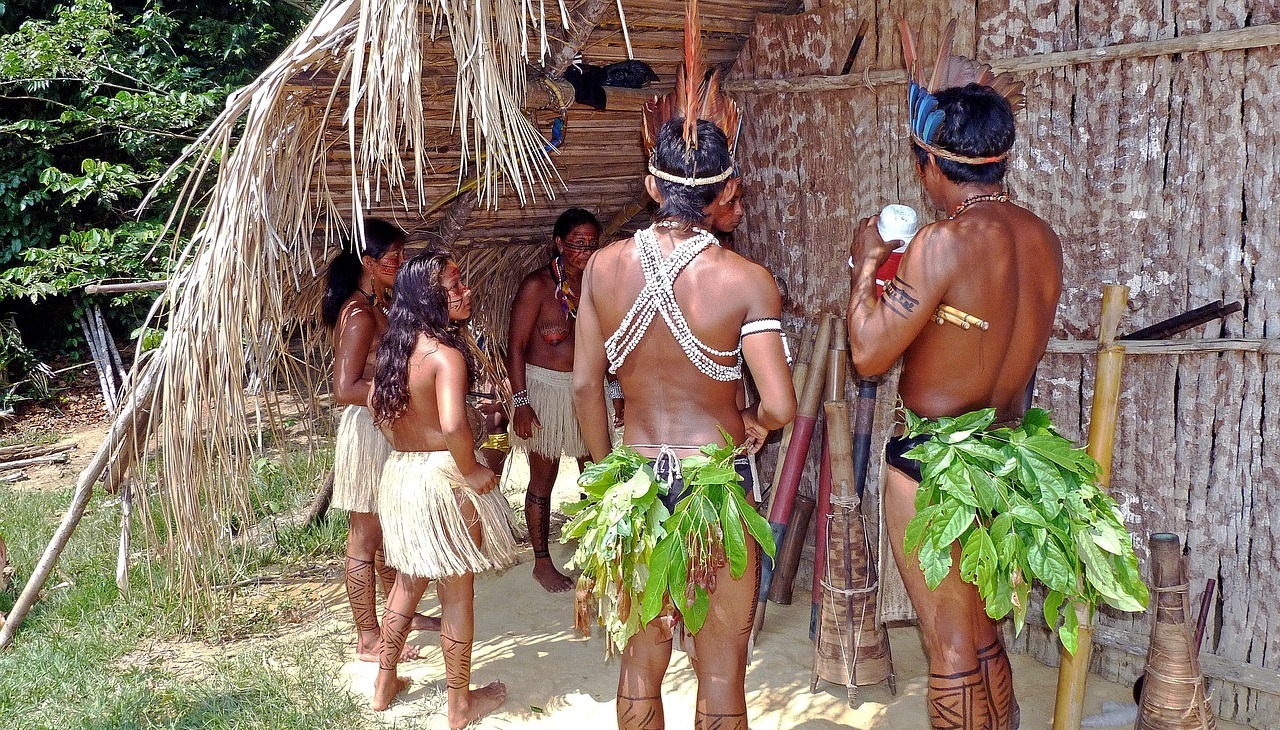
New study reveals how Indigenous people can help protect the rainforest
It urged a new strategy that supports these communities in their forest preservation tasks.
A new comparative analysis led by CU Boulder and published by the British science journal PNAS Nexus found that areas of the Atlantic Rainforest in Brazil under the care of Indigenous people suffer less deforestation.
The study, which used data between 1985 and 2019, notes that reducing deforestation and increasing reforestation in Brazil's Atlantic Rainforest was most successful for Indigenous communities that had completed a legal process to receive formal recognition of their ancestral rights to the lands, known as land tenure. They were much more successful than those who had not received the rights.
Rayna Benzeev, lead author of the study and a researcher at the University of Colorado, noted:
Our study adds an important piece to the growing body of evidence that tenure in Indigenous lands has often improved forest outcomes—including now in the Atlantic Forest, which has experienced high deforestation pressures over a long period of time. Even in highly developed and deforested areas, granting land titles to indigenous peoples significantly improved results.
An ongoing fight
According to Global Forest Watch, between 2000 and 2020, Brazil lost more than 20 million hectares of forest, which is equivalent to 6% of its total forest area.
The Brazilian Atlantic Rainforest, considered the second biggest tropical forest in the country after the Amazon, with approximately 3,000 km of coastline, is an ecosystem that is heavily harassed by urbanization, agriculture, logging and mining exploitation.
In the region, deforestation is continuous, and conflicts between tribes, farmers and ranchers, and illegal miners.
“Protecting forests is not only important for the trees and the biodiversity. It’s also critical for the people that live within them and depend on them—and accounting for humans is an integral part of the sustainable future of forests,” said Peter Newton, co-author of the study and associate professor in the Department of Environmental Studies.
RELATED CONTENT
A new @PNASNexus study by @ERGBerkeley postdoctoral researcher @benzeev_rayna found that Indigenous communities with legal rights to their territories can resist land grabs and better protect and reforest their lands. https://t.co/PgdqMlFmko
— Berkeley Rausser College of Natural Resources (@NatureAtCal) January 26, 2023
Upholding the law
The Brazilian Constitution establishes in its article 231 their “original rights over the lands that they traditionally occupy, being the responsibility of the Union to demarcate them, protect them and enforce all their assets.”
The study highlights how in his first weeks in office, new President Luiz Inácio Lula da Silva issued six decrees revoking or altering measures implemented by his predecessor Jair Bolsonaro, which were widely seen as anti-environmental and anti-Indigenous. Lula also established the Ministry of Indigenous Peoples, an unprecedented act in Brazilian history.
“Much of the stagnation in the land tenure process has taken place in recent years and mainly for political reasons. This is exactly what makes the legal component of tenure important: when tenure is legally granted, Indigenous peoples are able to gain territorial autonomy irrespective of political shifts over time,” added Benzeev.
The study also highlighted that after formalizing the tenure rights of these territories, the wooded area increased each year on average by 0.77%, compared to lands where these rights were not granted.
“The land tenure process is guaranteed by the Brazilian Constitution created in 1988. However, the lengthy process has stalled in the past decade for hundreds of Indigenous communities. Since 2012, only one Indigenous community in the study sample had successfully been granted legal land rights—the last step in the tenure process,” stressed the study.










LEAVE A COMMENT: